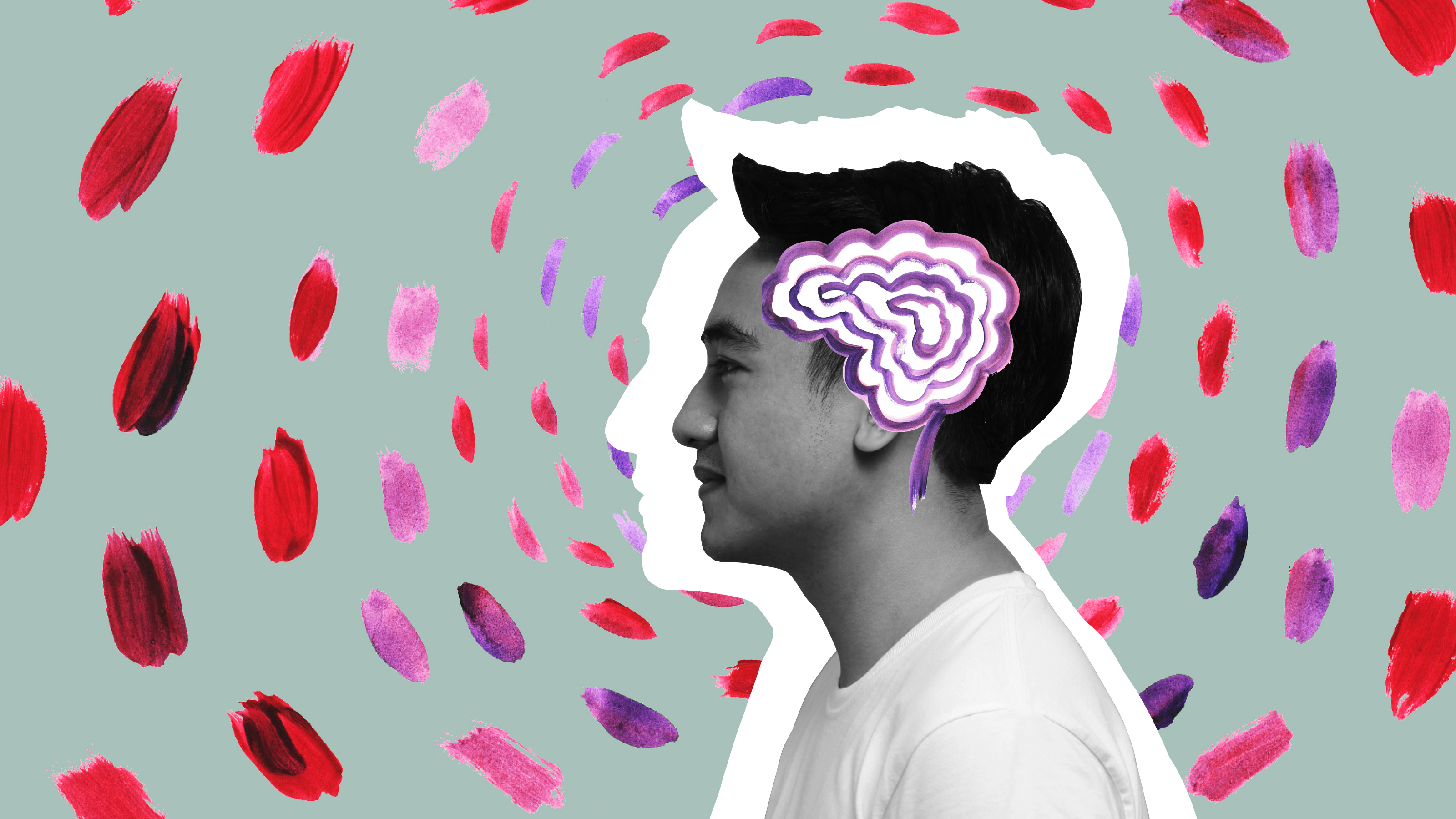How Do Men and Women Respond to Parenthood?

Men and women respond differently to the prospects of parenthood. But Nathan Collins from Pacific Standard reports on a recent study, published in the Journal of Personality and Social Psychology, delves into the details of these dynamics and how they can affect the future of a relationship.
Researchers had 192 couples (all first-time parents) participate in the study and followed them over the course of two years from the start of their parenthood. The team collected data at five points over the course of the research, asking about the couple’s satisfaction with their relationship, contributions made to child rearing, and personal history of attachment avoidance.
Researchers found that women tended to feel worse if they made little contributions to childcare, whereas men felt better. Parents who claimed to do the bulk of child rearing reported their sense of efficacy remained the same over the course of the study. But, on average, women felt better over time about their abilities if they took on the bulk of the work. If a partner was more prone to avoiding attachments, men showed sharper drop in relationship satisfaction than women. However, men who contributed more to child rearing and weren’t prone to attachment avoidance, tended to feel a rise in relationship satisfaction. Whereas women in the same boat felt the complete opposite.The researcher wrote:
“The results revealed that certain individual differences-especially gender and attachment avoidance-shape individual reactions to childcare, above and beyond the proportion of childcare tasks that partners report completing. Women and less avoidantly attached new parents handle the introduction of childcare tasks better than most men, especially those who are more avoidantly attached.”
In their study the team suggest there’s a “need for more research on men’s adjustment during this particularly stressful transition.” Research to help improve the transition for men will only help to strengthen relationships with a baby on the way.
Read more at Pacific Standard
Photo Credit: Shutterstock




